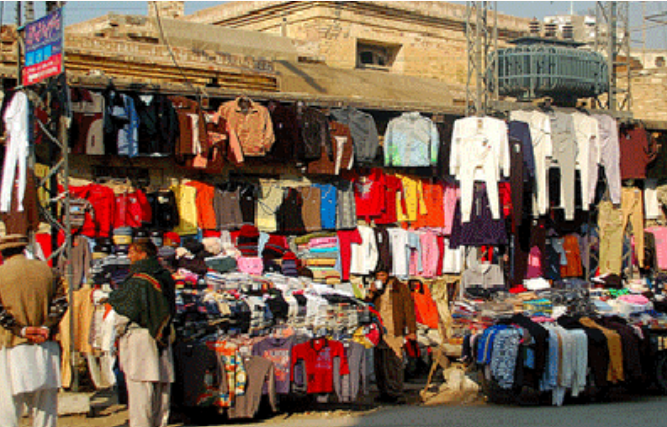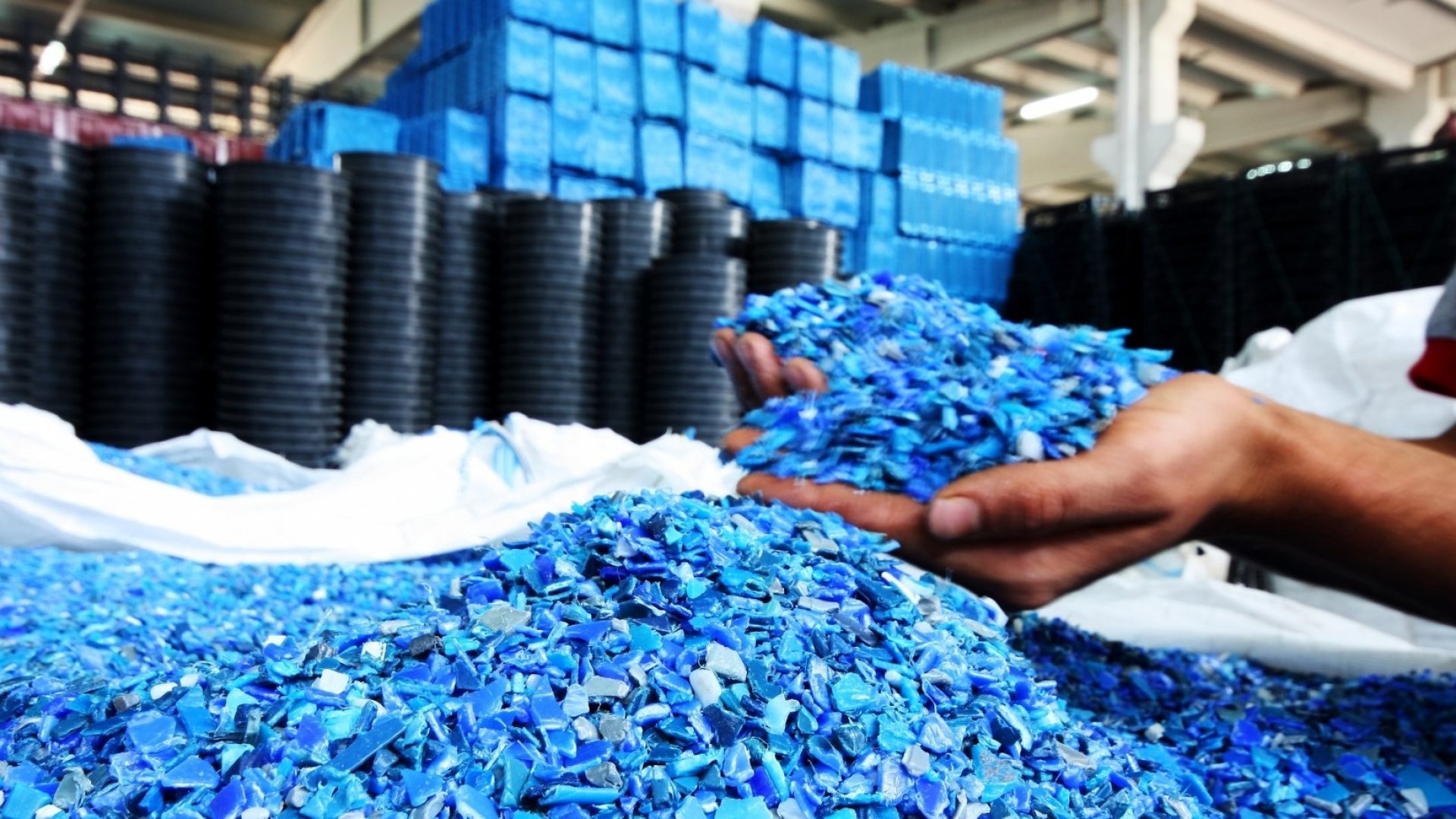The polymer industry in Pakistan stands at the crossroads of challenges and opportunities as it navigates the intricate web of supply chain dynamics in the evolving global economy. In recent times, the industry has encountered a myriad of obstacles, ranging from raw material shortages to transportation disruptions. This blog delves into the current state of supply chain affairs in Pakistan's polymer sector, analyzes the challenges faced, and explores strategic insights for overcoming these hurdles.
The current supply chain of the polymer industry, a vital component of Pakistan's manufacturing landscape, relies heavily on a well-functioning supply chain to ensure the smooth flow of raw materials, production processes, and timely delivery of finished goods. However, recent global events and economic shifts have disrupted these dynamics, posing significant challenges for manufacturers.
Challenges Faced by Pakistan's Polymer Industry
- Raw Material Shortages
The polymer industry heavily depends on a steady supply of raw materials, such as petrochemicals. Recent global shortages and price fluctuations in these commodities have directly impacted production capabilities.
- Logistical Bottlenecks
Transportation disruptions, both domestic and international, have led to delays in the movement of goods. This has resulted in increased lead times and added complexities in managing inventories.
- Currency Fluctuations
The Pakistani Rupee's fluctuation against major currencies has added uncertainty to cost calculations and financial planning for polymer manufacturers, affecting profitability.
- Global Trade Dynamics
Trade tensions and changing geopolitical landscapes have influenced global trade patterns. Pakistan's polymer industry, being export-oriented, has had to adapt to shifting market dynamics and explore new avenues for international collaboration.
How can Pakistan Overcome these Supply Chain Hurdles?
- Diversification of Suppliers
Polymer manufacturers should explore diverse sourcing options for key components to mitigate the impact of raw material shortages. Establishing partnerships with multiple suppliers enhances resilience and reduces dependency on a single source.
- Technology Integration
Embrace digital technologies to optimize supply chain processes. Implementing advanced analytics, real-time tracking systems, and smart inventory management can enhance visibility and responsiveness to changes in the supply chain.
- Collaborative Partnerships
Foster collaboration within the industry and across supply chain partners. Building strong relationships with suppliers, distributors, and logistics providers creates a more interconnected and flexible supply network.
- Risk Management Strategies
Develop comprehensive risk management strategies to proactively address currency fluctuations, market uncertainties, and geopolitical risks. Hedging mechanisms and scenario planning can help mitigate potential financial losses.
- Investment in Infrastructure
Advocate for and invest in infrastructure improvements, both in transportation and logistics. A well-developed infrastructure reduces lead times and ensures a smoother flow of goods within the country and across borders.
As Pakistan's polymer industry grapples with supply chain challenges, stakeholders must adopt a proactive and strategic approach. By embracing innovation, diversifying supply sources, and fostering collaborative partnerships, the industry can not only navigate the current hurdles but also emerge stronger and more resilient in the face of future uncertainties. As global dynamics continue to evolve, the success of Pakistan's polymer sector lies in its ability to adapt and transform its supply chain for sustained growth in the ever-changing landscape of the manufacturing industry.















.png)





